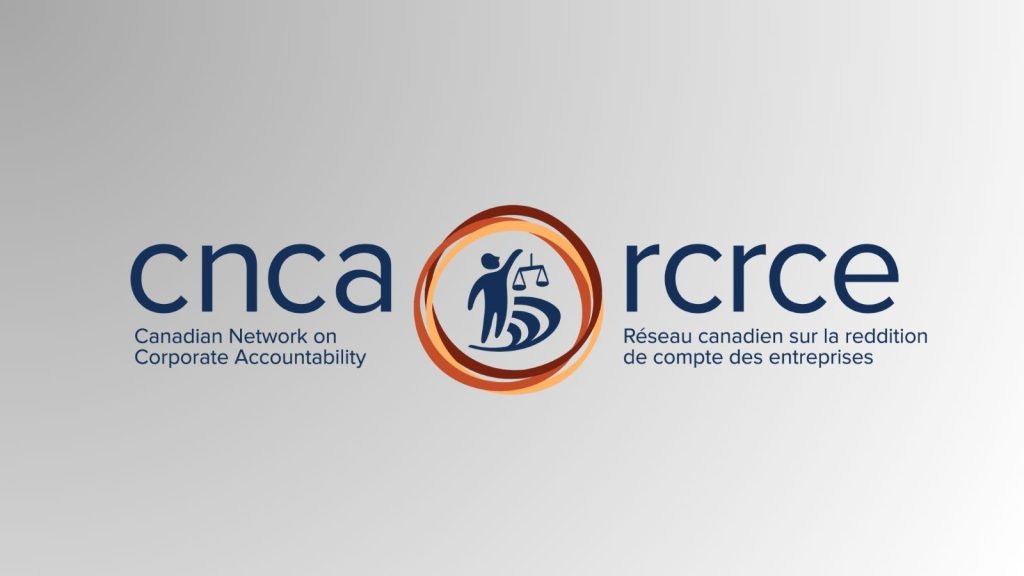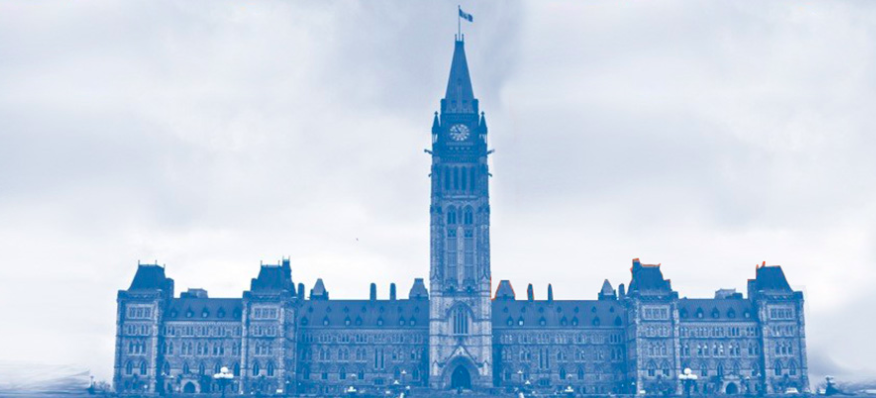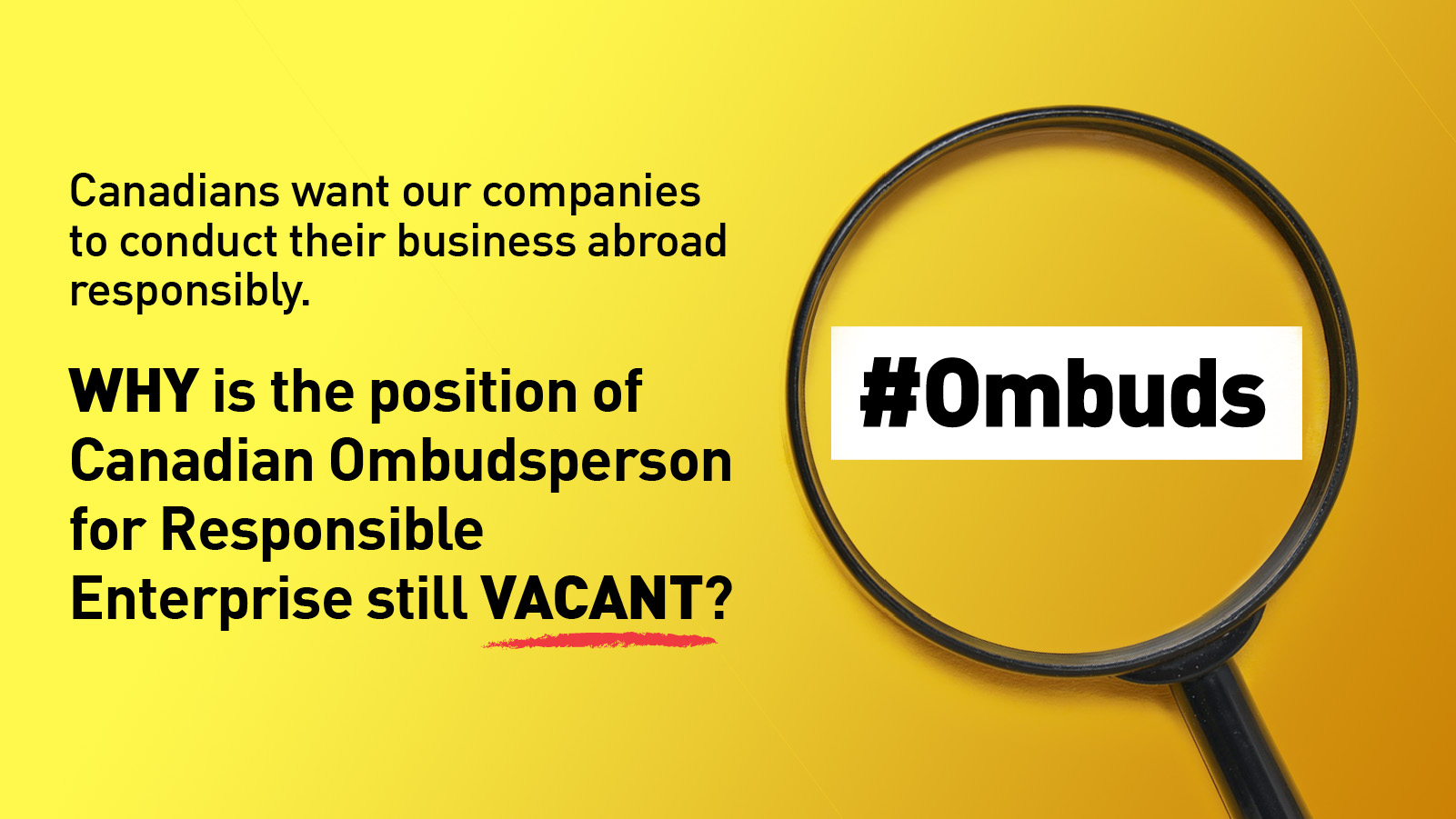Note: This Op-Ed was originally published in The Ottawa Citizen by CNCA Policy Director, Emily Dwyer.
Canada has a clear choice: Be a world leader or a laggard when it comes to human rights and the mining industry.
Canadian mining companies operating overseas have been associated with widespread and egregious human rights abuses including murder and rape. The current system relies on voluntary industry initiatives to respect human rights. It is clearly not working.
But this could soon change. Canada is poised to have an Ombudsperson for Responsible Enterprise, with an appointment expected by the end of the year. Once established, the ombudsperson’s office will be the first office of its kind in the world.
And here’s the decision point: Canada can either invest the ombudsperson with real powers to investigate abuses and redress the harm caused by Canadian companies, or it can create a position without adequate powers, call it an ombudsperson, and leave individuals and communities harmed by Canadian mining companies with nowhere to turn to for help.
In the Philippines, people living where Canadian-Australian mining company OceanaGold operates allege they have had their homes demolished, their water and land contaminated and are beaten by security forces if they protest their conditions. Perpetrators have not been brought to justice. And in 2011 in Guatemala, 11 women were gang-raped by security forces during a forced relocation to make way for a Skye Resources mine. Security forces are able to act with impunity. An ombudsperson’s office would be able to look into the alleged abuses and be a clear point of contact for those harmed by Canadian mining companies.
It matters that Canada, in particular, act to end these abuses. Canada is the headquarters to more than 55 per cent of the world’s largest extractive companies with operations in more than 100 countries. Large transnational companies have considerable power and influence over law making and law enforcement in the countries in which they operate.
The Canadian government also actively promotes international mining activity, with loans, insurance and diplomatic support from embassies and trade commissions. In 2016, the Economic Development Corporation (EDC) provided between $14 billion and $28 billion to oil and gas companies worldwide. Canada’s reputation as a human rights champion is being tarnished. This kind of government support must be conditional on industry respect for human rights. Yet there is virtually no regulation in Canada to prevent companies operating overseas from taking advantage of weak environmental and labour laws, nor anything to hold them accountable for violations of human rights.
The abysmal human rights record of Canadian companies has not gone unnoticed. In the last three years, at least four United Nations bodies have called on Canada to act. As recently as June 2018, the United Nations Working Group on Business and Human Rights called for the creation of an ombudsperson’s office in Canada.
Those harmed by Canadian mining companies are looking to the soon-to-be-appointed ombudsperson to both prevent and redress these human rights abuses.
Many mining companies, content with the status quo, want the government to renege on its commitment to appoint a real ombudsperson. But for Canada to truly be a world leader, the ombudsperson must be able to operate at arm’s length from government and be free from any political or corporate interference.
This independence also relates to the ability to investigate. The ombudsperson must be able to order the production of documents, and summon witnesses and compel them to give testimony under oath. And the office must have the budget to do the job.
Finally, confidence in this newly created office is key. Those harmed by Canadian mining operations will have no faith that their concerns will be properly heard, investigated and remedied if the ombudsperson is not seen to be invested with those powers. It is clear that refraining from committing human rights abuses cannot be left to voluntary industry measures. The ombudsperson’s office must not amount to mere window dressing. It needs to have real heft.
What is needed is an ombudsperson with the power to help prevent Canadian complicity in corporate abuse and to help ensure Canadian companies respect human rights. What is needed is for Canada to be a leader.




